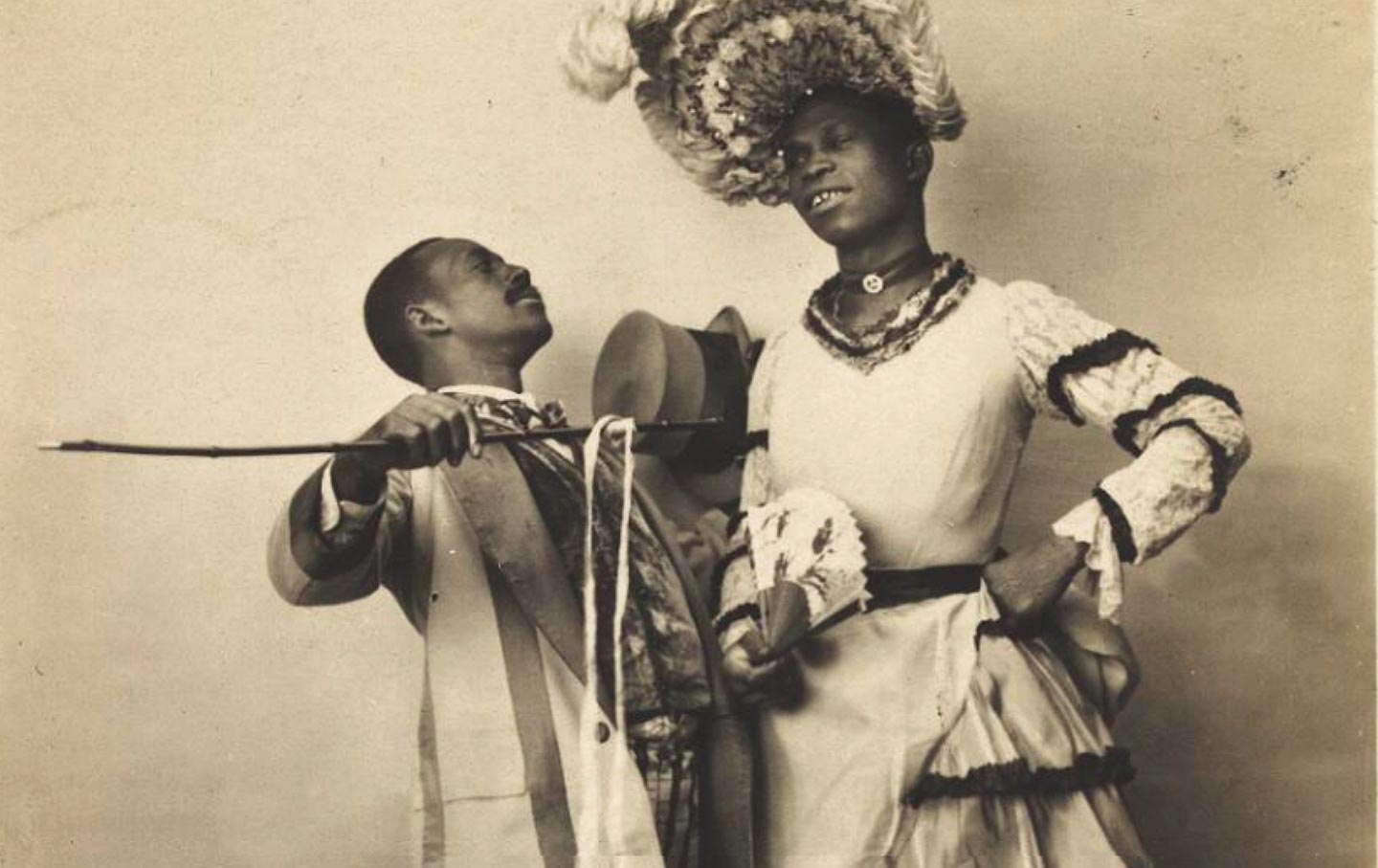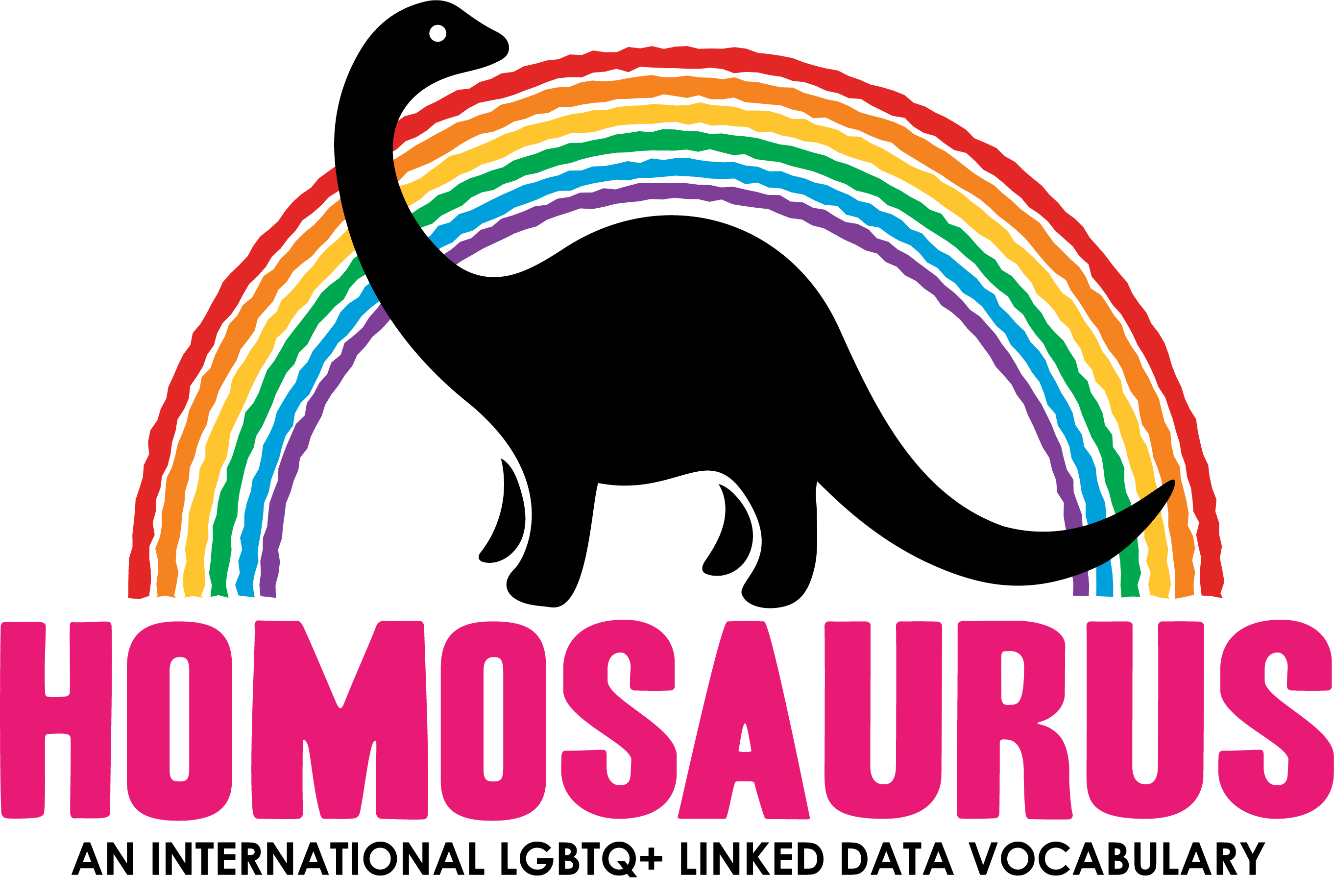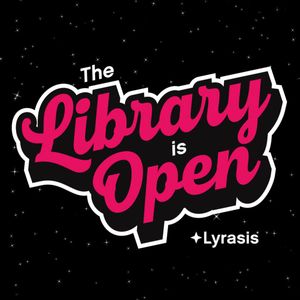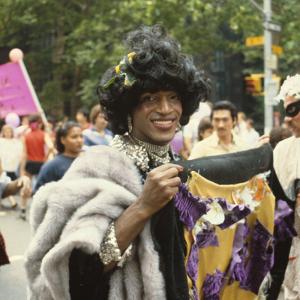His name was William Dorsey Swann , but to his friends he was known as “the Queen.” Born in Maryland in 1860, Swann endured slavery, the Civil War, racism, police surveillance, torture behind bars, and many other injustices. But beginning in the 1880s, he not only became the first American activist to lead a queer resistance group; he also became, in the same decade, the first known person to dub himself a “queen of drag”—or, more familiarly, a drag queen.
, but to his friends he was known as “the Queen.” Born in Maryland in 1860, Swann endured slavery, the Civil War, racism, police surveillance, torture behind bars, and many other injustices. But beginning in the 1880s, he not only became the first American activist to lead a queer resistance group; he also became, in the same decade, the first known person to dub himself a “queen of drag”—or, more familiarly, a drag queen.
Though the Stonewall uprising of 1969 is often touted as the beginning of the fight for gay liberation, Swann’s courageous example forces us to rethink the history of the movement: when it began, where it came from, and who its leaders were. Coming of age at a time when an entirely new form of freedom and self-determination was developing for African Americans, Swann and his house of butlers, coachmen, and cooks—the first Americans to regularly hold cross-dressing balls and the first to fight for the right to do so—arguably laid the foundations of contemporary queer celebration and protest.









